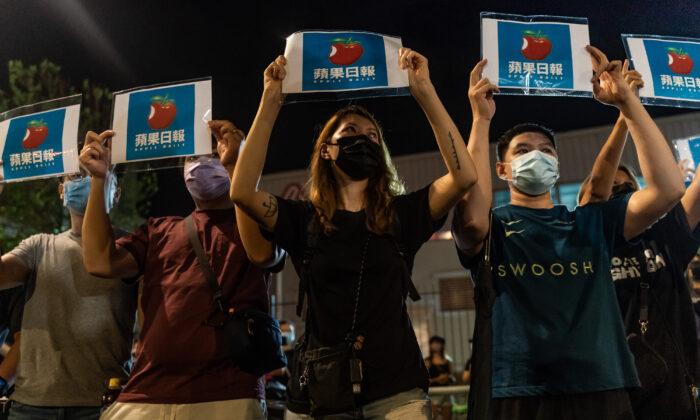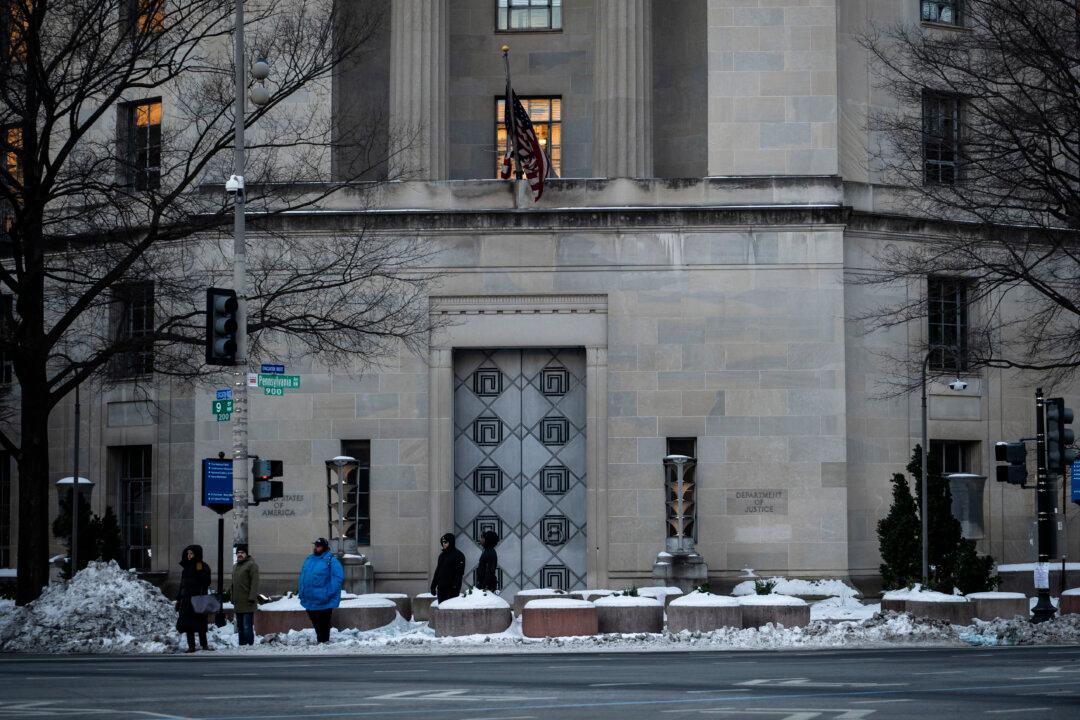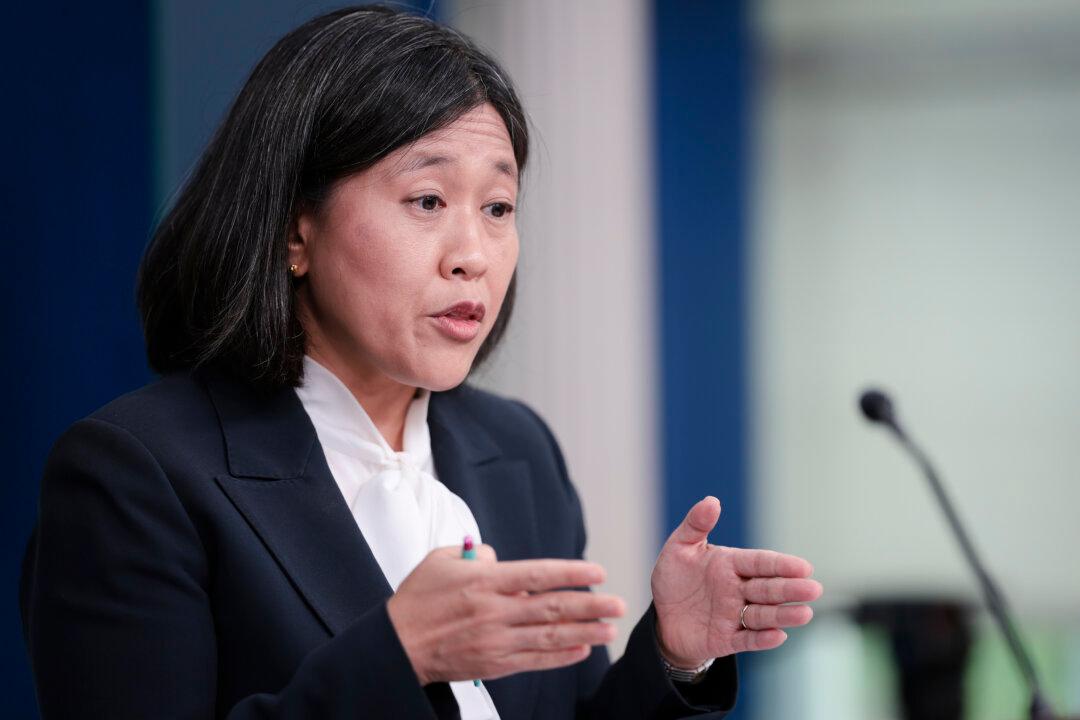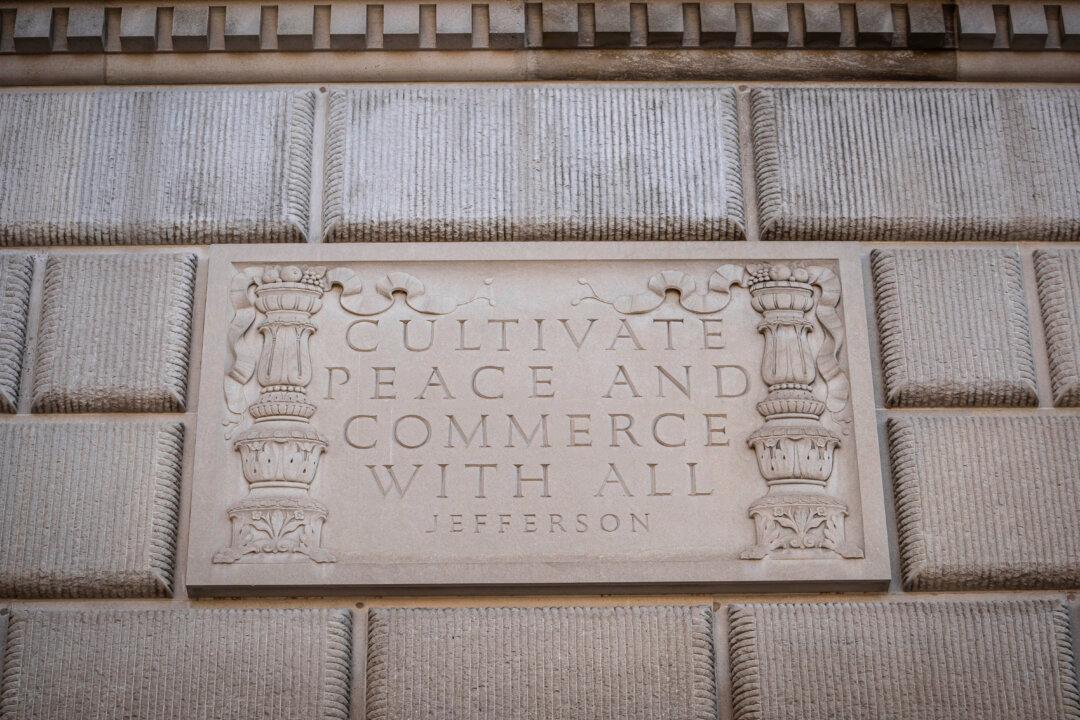Mark Clifford, one of the former independent non-executive directors at Next Digital, told a congressional hearing on Oct. 14 how press freedom is under attack in Hong Kong, as evident by how the Chinese regime has driven Apple Daily to its deathbed.
Clifford said Beijing has broken its promises written in Hong Kong’s mini-constitution, known as the Basic Law, and the paper’s founder Jimmy Lai has been in prison for “exercising the freedoms that are promised” in that document.
The Basic Law protects Hongkongers rights such as freedom of speech and freedom of the press, neither of which is available to Chinese people in mainland China. The rights are guaranteed for at least 50 years under a governance framework called “one country, two systems,” which Beijing agreed to implement when it signed the 1984 Sino-British Joint Declaration, a legally binding international treaty.
“What we’ve seen is that these promises that the Chinese government solemnly made cannot be trusted,” Clifford added.
Hong Kong’s autonomy and freedoms have been drastically eroded after Beijing imposed the national security law on the city in late June last year. The law criminalizes vaguely defined crimes such as subversion and collusion with foreign forces with a maximum penalty of life imprisonment.

Continued Attack
Clifford told the two congressmen what the Hong Kong police did inside the newsroom during the second raid.“They ended up pretty much stripping the shelves bare. They questioned journalists about more than 100 different articles that have been written—who wrote it, who edited it, who [was] involved,” he said.
“These trials are in some cases a year or two off; they’re just presumed guilty,” he added.
Though Apple Daily is not printing papers anymore and its website is down, the Hong Kong government is still investigating the company and its senior staff, according to Clifford.
Clifford said the Hong Kong authorities went to the banks to freeze Lai’s assets and his bank accounts.
The Hong Kong government “told the bankers, including bankers at Citibank, that if anybody touched those accounts, the bankers and anybody did the touching would be subject to seven years in prison. This is pretty heavy-duty stuff.”
Clifford explained the United States could further stand up for Hong Kong by targeting business interactions, since some work for private companies “under the veneer for the Hong Kong government.”
“Do we want to look back, do any of us want to look back later on in our lives and say that we didn’t do what we could to stop this, we just let companies pursue short term profit when we could have stopped it as a government,” Clifford said.





